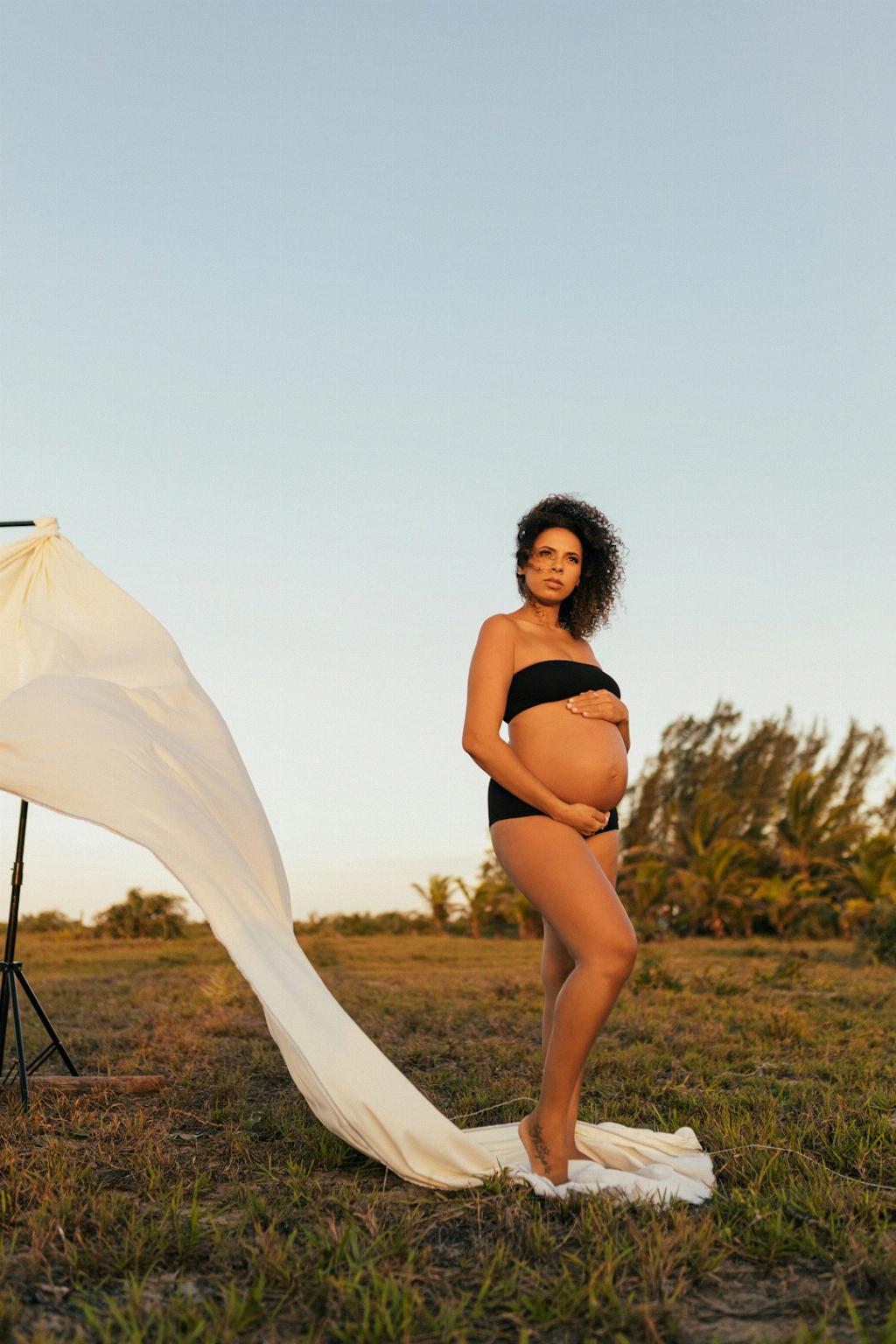One of the lesser-known side effects of pregnancy is dry skin, a condition that can come as a surprise to many expectant mothers. Dry skin and chapped lips are common manifestations of this issue, often catching women off guard with their sudden appearance and persistence throughout the pregnancy.
Dry skin in pregnancy can begin as early as the first trimester, with some women experiencing symptoms that last throughout the entire pregnancy. The hormonal changes that occur during pregnancy can disrupt the skin’s natural balance, leading to dryness, itchiness, and discomfort.
During pregnancy, the body undergoes significant hormonal shifts that can affect various systems, including the skin. The increase in hormones like estrogen and progesterone can impact the skin’s moisture levels, leading to dryness and irritation.
In addition to hormonal changes, pregnancy can also cause changes in blood flow and circulation, which may further contribute to dry skin. Decreased blood flow to the skin can reduce its ability to retain moisture, resulting in dry, flaky skin.
Environmental factors can also play a role in the development of dry skin during pregnancy. Changes in weather, humidity levels, or exposure to harsh chemicals in skincare products can exacerbate existing skin issues and lead to dryness.
Proper skincare during pregnancy is essential to help manage dry skin. Using gentle, hydrating skincare products that are safe for use during pregnancy can help alleviate symptoms and maintain the skin’s moisture balance.
Drinking an adequate amount of water is crucial for maintaining hydrated skin during pregnancy. Staying well-hydrated can help improve skin elasticity, reduce dryness, and promote overall skin health.
In some cases, underlying skin conditions like eczema or psoriasis may worsen during pregnancy, leading to heightened dryness and irritation. It is essential to consult with a healthcare provider or dermatologist to develop a treatment plan for managing these conditions.
A balanced diet rich in essential nutrients like vitamins A, C, and E can support skin health during pregnancy. Consuming foods that promote skin hydration and elasticity can help combat dry skin and promote a healthy complexion.
Avoiding hot showers and baths can help prevent further drying out of the skin during pregnancy. Hot water can strip the skin of its natural oils, leading to increased dryness and irritation.
Maintaining a consistent skincare routine that includes moisturizing regularly can help soothe dry skin and prevent further discomfort. Using gentle, fragrance-free moisturizers can provide essential hydration without causing irritation.
In conclusion, dry skin in pregnancy can start as early as the first trimester and persist throughout the entire pregnancy. Understanding the factors that contribute to dry skin, such as hormonal changes, environmental factors, and underlying skin conditions, can help expectant mothers effectively manage and alleviate symptoms. By adopting a skincare regimen tailored to pregnancy, staying hydrated, and nourishing the skin from within through a balanced diet, women can promote healthy, glowing skin throughout their pregnancy journey.

